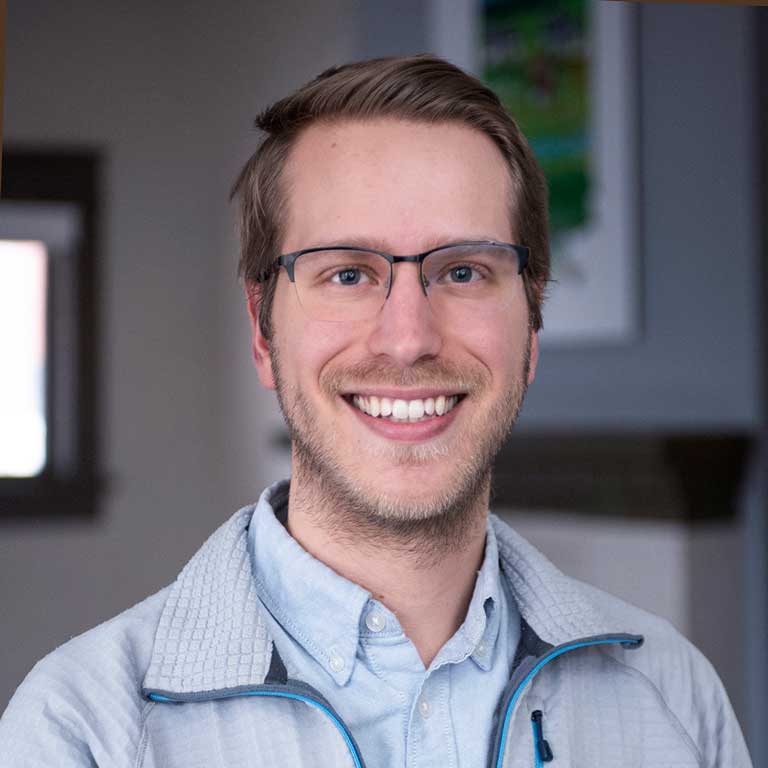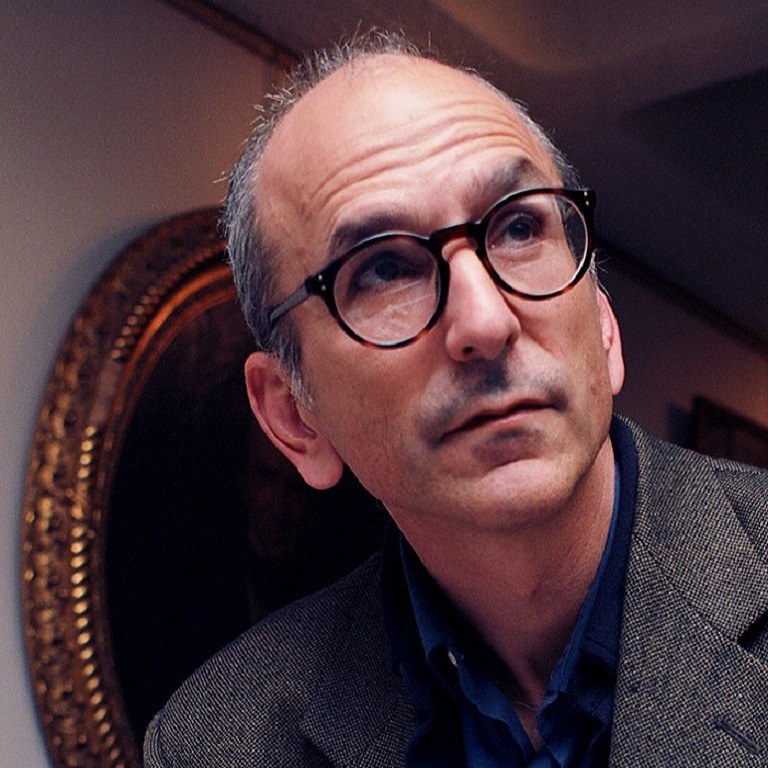Many of Indiana’s most populous metropolitan areas have recently adopted or are in the process of creating a plan to reduce local greenhouse gas emissions, which contribute to climate change. Now a new series of reports can help local leaders and residents get a sense of what their neighbors think about the changing environment, how they are preparing, and what resilience policies they support.
The findings offer new insights into Indiana residents’ attitudes about climate change at the metro level and point toward tailored strategies to boost community resilience. The reports are a product of the Hoosier Life Survey (HLS), a statewide survey on environmental attitudes conducted by Indiana University’s Environmental Resilience Institute.
Metro areas covered in the series include, Bloomington, Evansville, Fort Wayne, Indianapolis, New Albany-Jeffersonville, Northwest Indiana, and South Bend-Mishawaka.
“In Indiana, local governments, organizations, and individual citizens have already begun to prepare their communities for the impacts of climate change and to mitigate greenhouse gas emissions in order to lessen further change,” said Matthew Houser an IU sociologist and Environmental Resilience Institute research fellow who co-led the survey. “Our latest reports are designed to support these efforts and give a clearer understanding of how specific Hoosier communities view climate change. Local policymakers and stakeholders across the state can use these views to craft more targeted outreach strategies.”
In addition to providing insights on local attitudes, the metro series also allows for general comparisons between Hoosiers cities and between metro areas and the entire state. For example, survey findings indicate that South Bend-Mishawaka residents express relatively low levels of belief that climate change is happening compared to other metro areas. In Fort Wayne, residents show higher levels of trust in neighbors, family, and friends regarding how to prepare for extreme weather. Other metro areas place greater trust in scientists.




